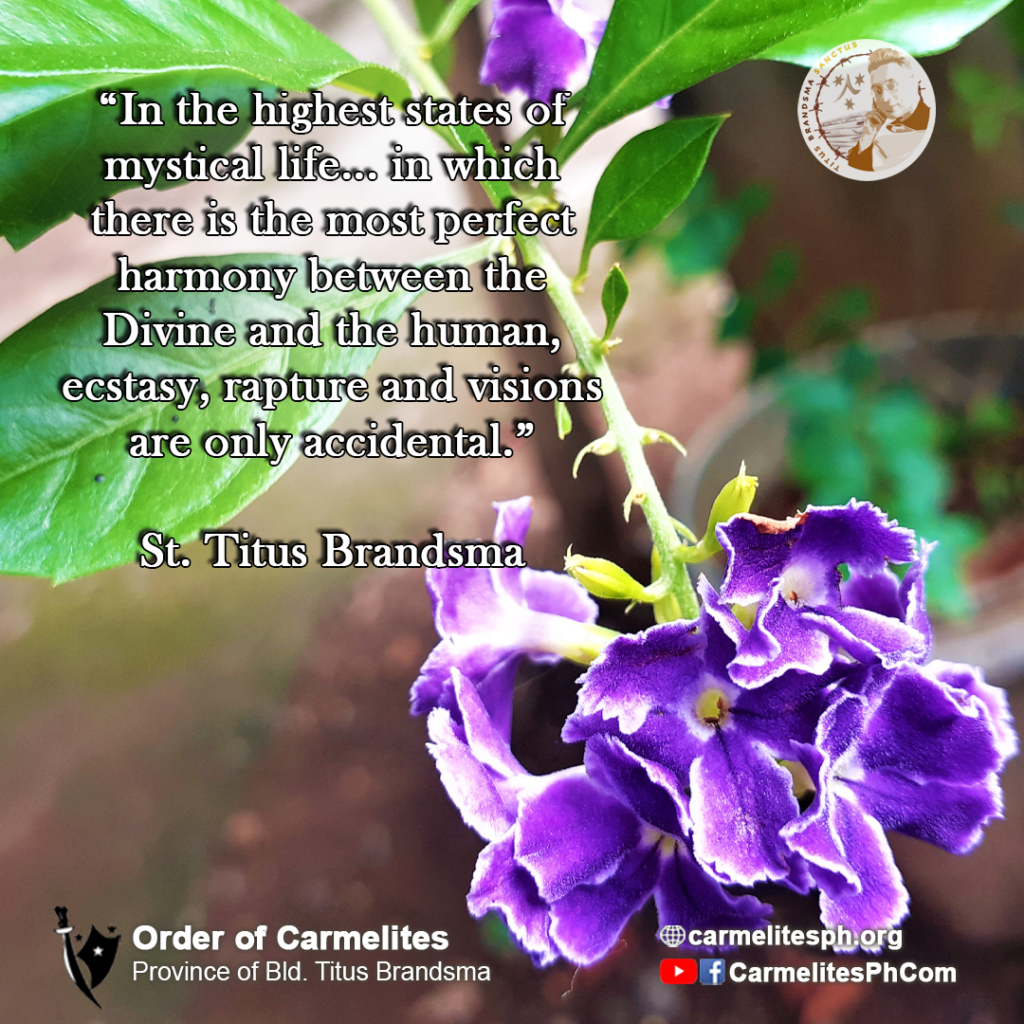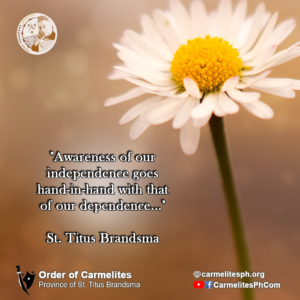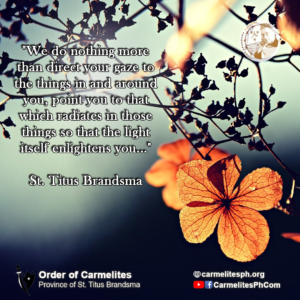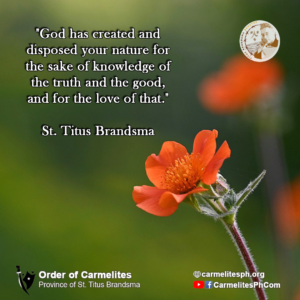
“For the rest, one should read the works of St. Teresa to see that reasoning and logical evolution take a high place in her doctrine. How many comparisons she has given to impart to her sisters the idea of the most sublime things! Indeed, she admits and declares her inability to make understood the gifts of God in the mystical influx of grace. Full of gratitude, she says that in one moment of elucidation given by God the soul learns more than years of study and active contemplation can reveal. But she never neglects contemplative prayer, meditation and active contemplation. She also always appreciates at its highest the guidance of a specific director. Her doctrine is not that of Quietism. She ever insists on the practice of virtues even in the highest states of mystical contemplation and in the most intimate union with God. The first three degrees of our approach to God are not only strides on the way of the exercise of virtue but she will have this effort continued to the end and looks at it, first, as the best preparation and as a proof of our receptivity, and secondly, as a required adornment of the soul that has been the privilege of being chosen as the Bride of the Lord and thirdly as the promised fruit of our intercourse with God. True, there is also mention here of the infused virtues; of acting under the irresistible pressure of God’s grace; but more than once St. Teresa warns against delusion and she expressly says that no virtue may be named true as long as it is not tried and proved by voluntary acts. She desires no abolition of the natural order through the divine residence but an ever-increasing refinement, to be evidenced also in the effects of the different faculties. Indeed, here and there the effects of imagination and remembrance, even those of sense and will are painted as annoying; they are compared with the wild flatterings of the bats, the jumping of wild animals, by which we are waylaid and threatened in entering the mysterious castle, but here it is a question of the unbridled effects of these faculties, among which harmony should be established. Therefore, recollection is the first necessity. Even in the highest states of the mystical life we meet human nature in all the splendor of a harmonious development. Even in heaven, body and soul will be in harmonious union. In the highest states of mystical life, in this unbreakable union, in this common life, in which there is the most perfect harmony between the Divine and the human, ecstasy, rapture and visions are only accidental. Truly these latter are a revelation of union with God and of the seizure of the soul, but they are not the first requirement, nor the essential. Essential is the life of union, the new life after our resurrection from the death of the old life.”
St. Titus Brandsma
What do you think of this quote? Write it on the comment section.


